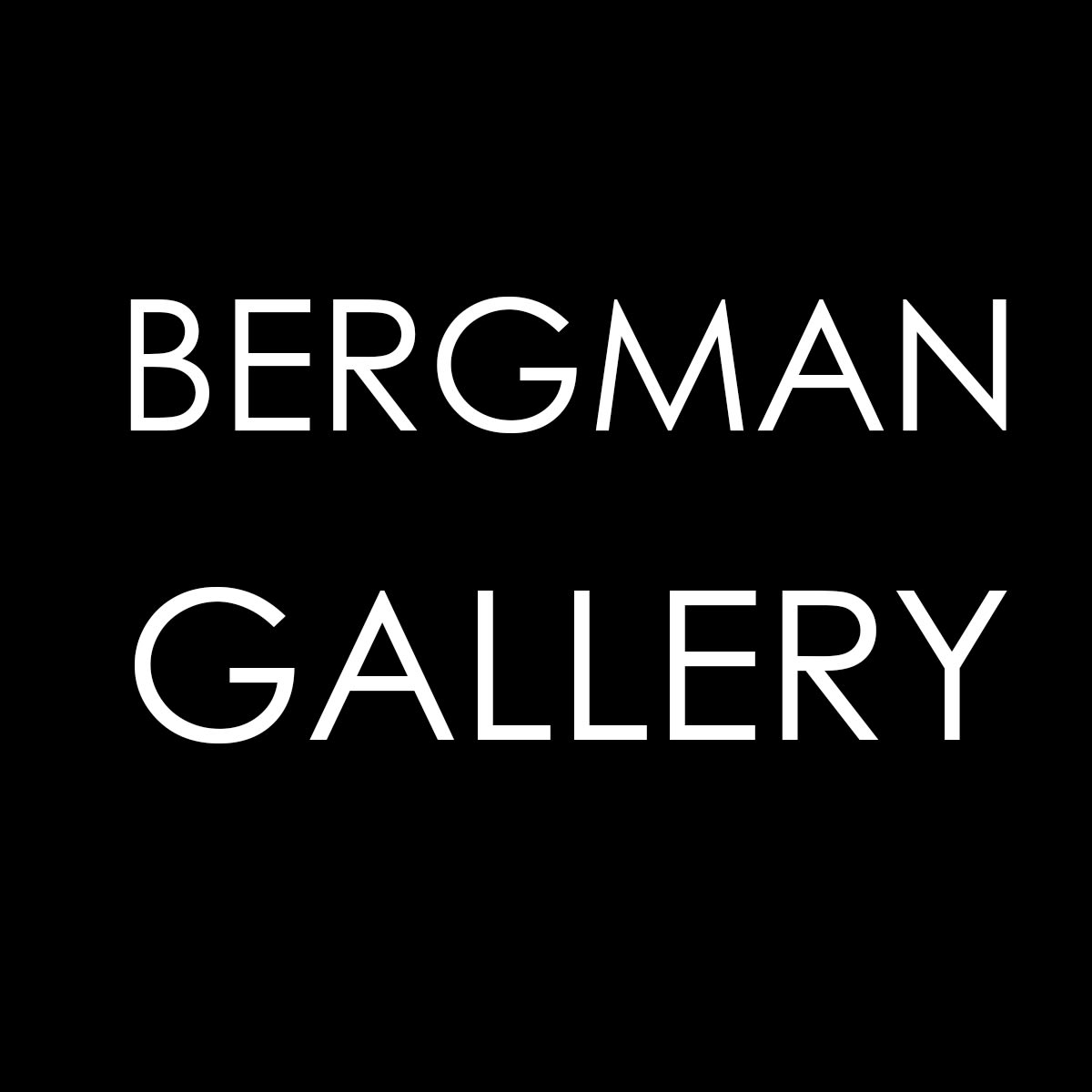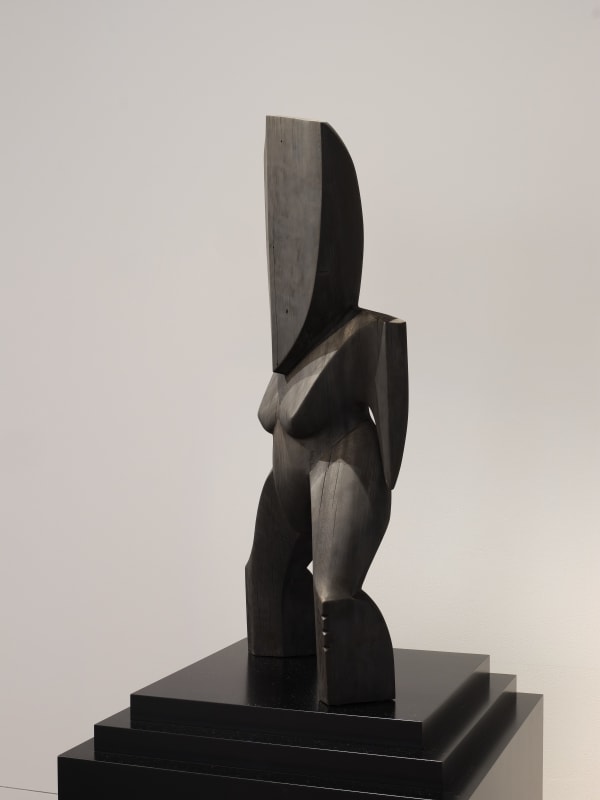Opening Speaker, Benjamin Work, Artist
In the Tongan dictionary Tukufakaholo translated in a Pālangi context, is defined as inheritance or hereditary but in a Tongan world view the definition is much broader than that. Tukufakaholo could be translated as to pass knowledge/wisdom on, where to pass does not just mean us or the future, it has temporal meaning that relates to the past, the present and the future. In this we become conduits for ways of being and knowledge repositories through our art practice.
In Rev Paula Onoafe Latu’s PhD thesis titled, Ko e Tala Tukufakaholo ‘o Tonga: An Alter Native Holistic Historiography of Tonga history from their own traditional oral culture and through their own people’s eyes, defines Tala-Tukufakaholo with reference to H.M. Queen Salote where she explains it as the way 'stories were orally passed down through the ages' (2017:16). Queen Salote further describes it as: 'Ko e Tala na‘e ‘ikai hano tohi, ka e kei Tukufakaholo mei he ngutu ki he telinga, mei he matu‘a ki he fanau.' Their chronicles/narratives were not documented on [paper] or [in] books but were passed down from mouth[s] to ear[s], by fathers to their children. (Latu 2017:30; author’s translation).
The importance of Tukufakaholo for this group show relates to how its spoken form captures, in the words of Latu, a 'fakamatala me‘a hokohoko or a successive narrating of its embodiments in people’s life events, attitudes and generations.' (2017:32).
This group exhibition explores several related research questions. How does your art practice operate across different tukufakaholo (generations) and therefore timeframes? This includes how lived experiences and knowledge are passed down through generations, but this doesn’t have to be from relatives and can be passed down from your mentors. This question explores the dynamics of anga fakatonga (Tongan culture) whilst living in Aotearoa. Dr. John Vea






